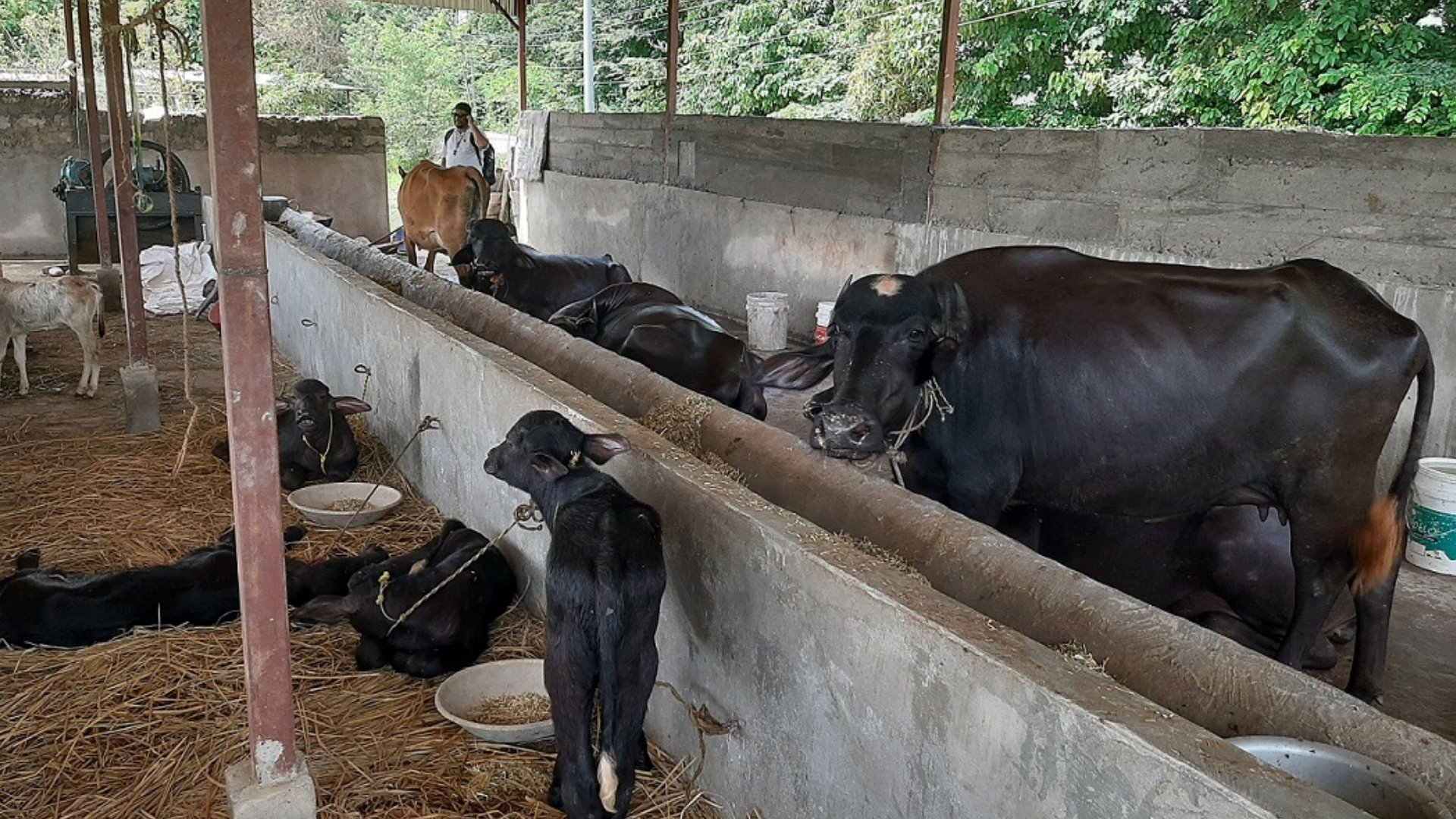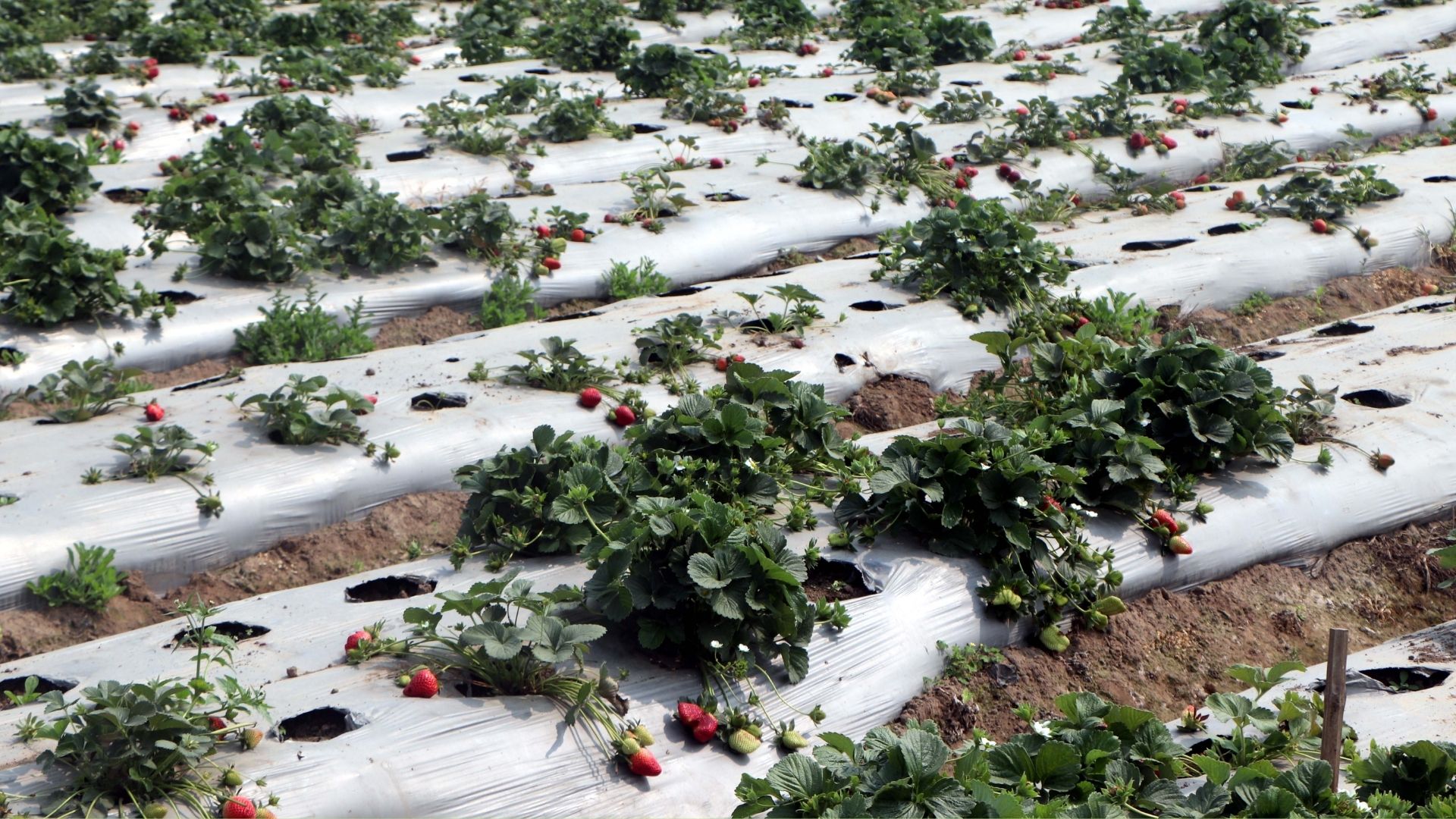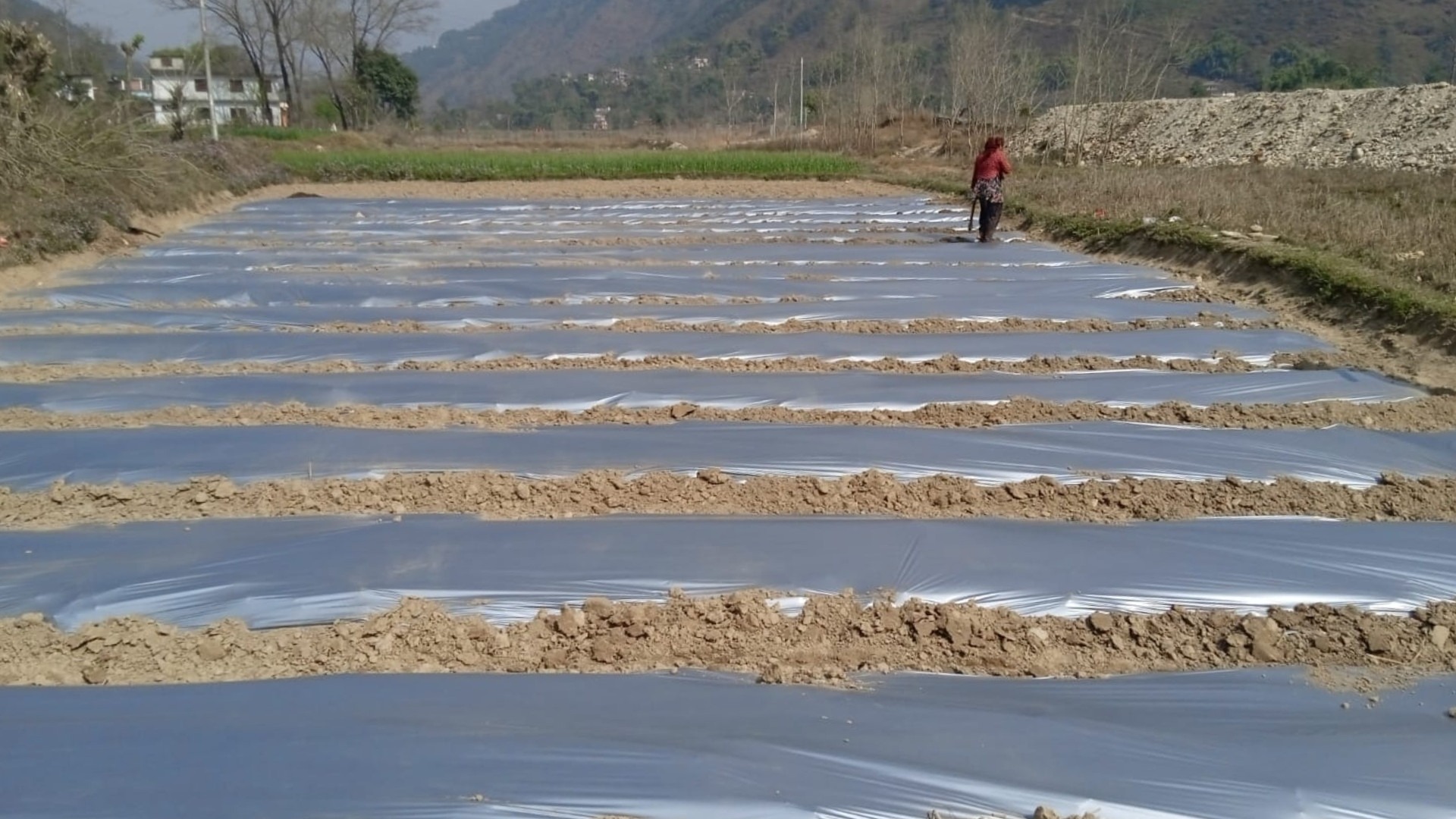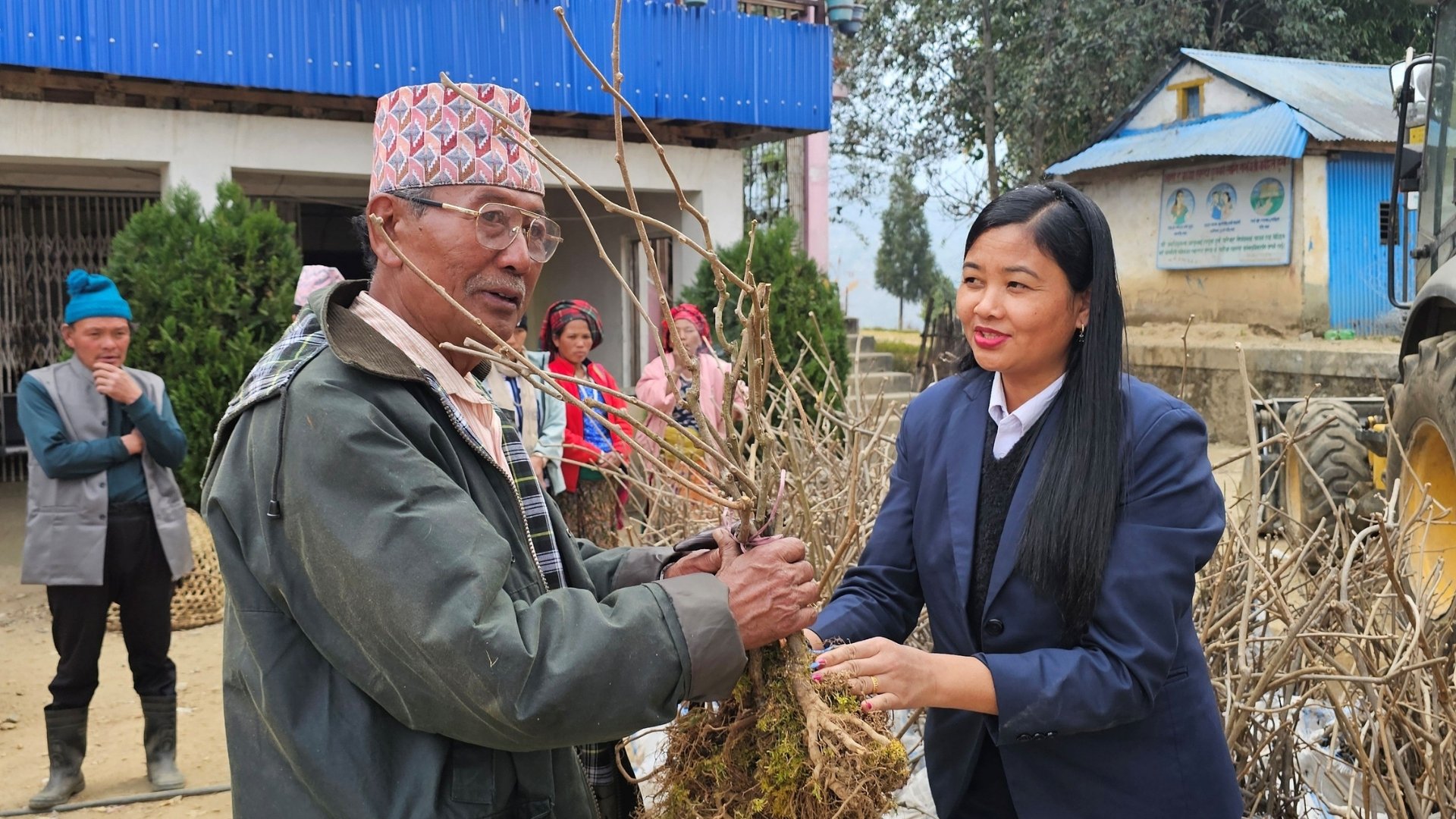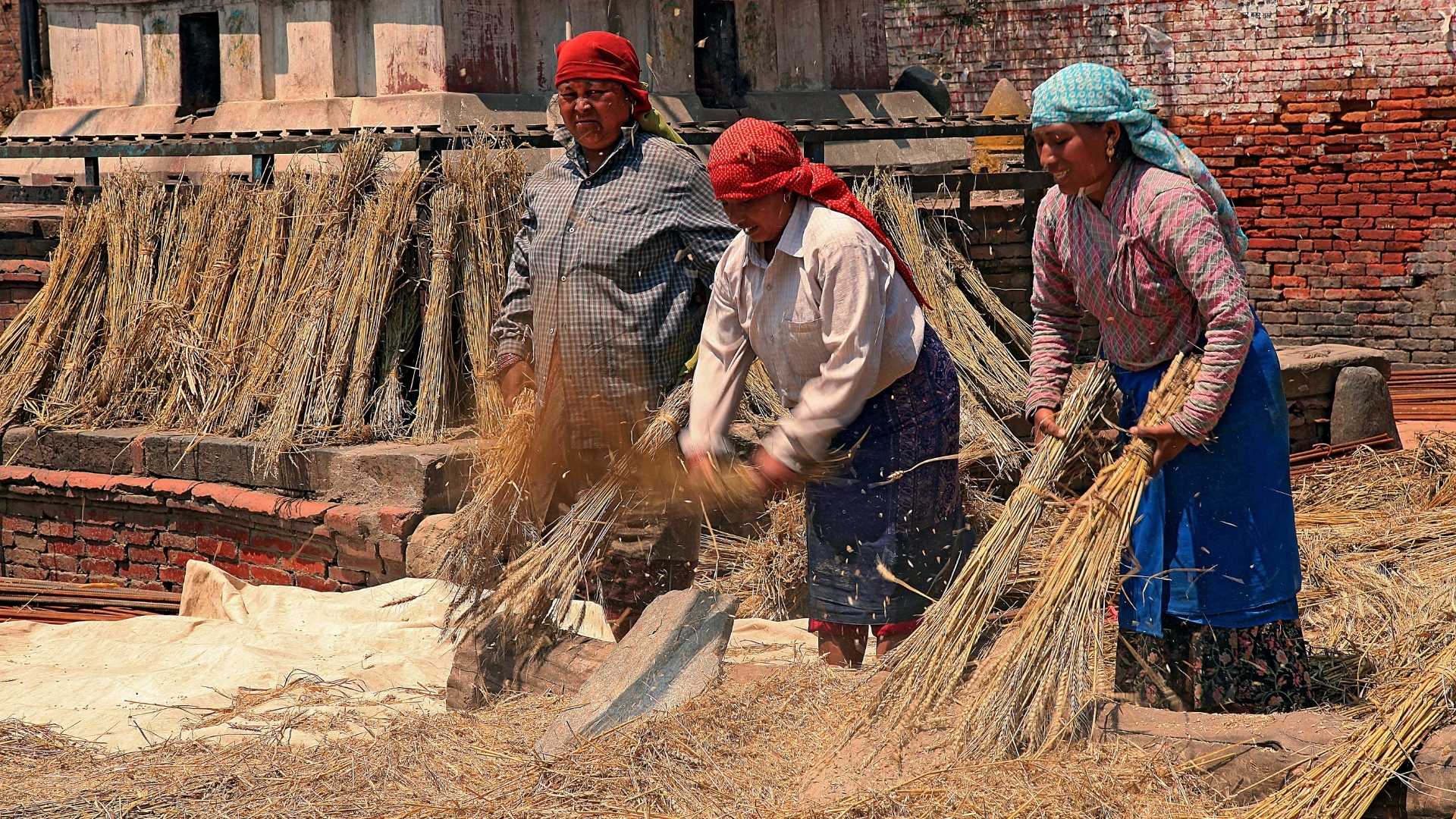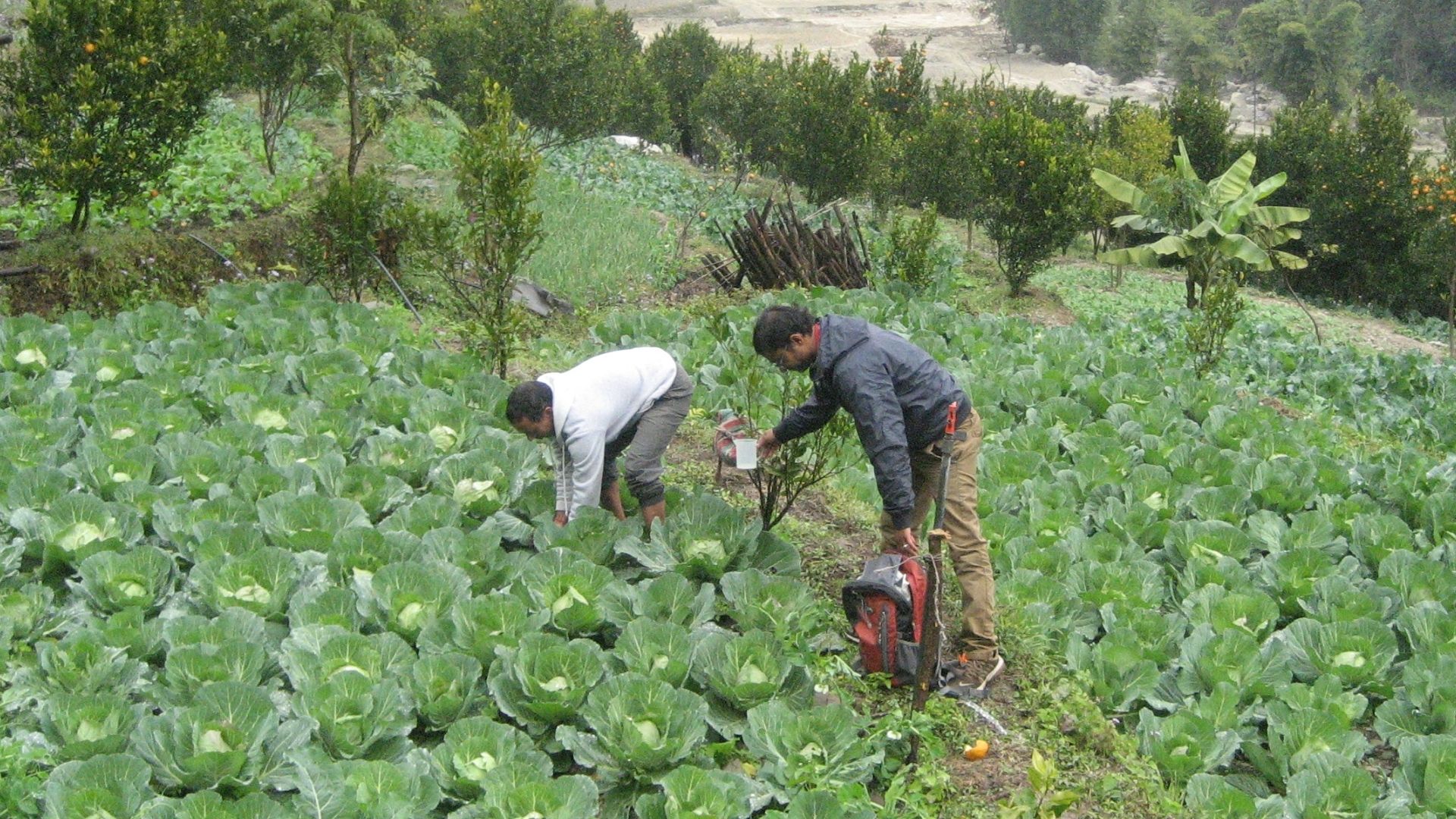Surendra Bahadur Saud, a former migrant worker, has returned home from abroad to start a buffalo farming business in his hometown, Godawari Municipality-2, Teghari, in Kailali district, Nepal.
Saud, a former member of the Nepalese Army, worked in the United Arab Emirates (UAE) for five years after his retirement. Now, he is fully engaged in buffalo farming back in Nepal.
To launch his venture, Saud leased one bigha and 15 kaththas (approximately 1.65 hectares) of land for ten years, paying an annual rent of NPR 360,000. He has invested NPR 2.6 million in building the shed and purchasing buffaloes. According to Saud, his monthly turnover is around NPR 100,000, out of which he makes a net profit of about NPR 60,000 after covering all expenses.
“I haven’t hired any workers. I manage everything myself, and the savings have been quite good,” said Saud. He currently sells about 40 liters of milk daily at a rate of NPR 90 per liter. “Sometimes, I can’t even meet the customer demand,” he added.
His farm currently houses eight buffaloes, including Murrah, local breeds, and calves. Saud plans to expand his farm in the future, aiming to rear up to 40 buffaloes of different breeds. However, he noted that due to limited access to quality fodder, he has started on a smaller scale.
Drawing on his experience working in foreign countries, Saud reflected on the harsh realities faced by Nepali migrant workers. “Many Nepalis work under extremely difficult conditions abroad. Though they leave Nepal under agreements made with manpower agencies, once they reach their destination, the promised job and salary are often not provided. I’ve seen this hardship with my own eyes,” he shared.
He recounted that in some countries with low soil fertility, agricultural land is created by importing soil in containers. “In a country like ours, which is rich in agriculture, we already have fertile soil and plenty of grass. Whatever we grow here gives good results,” said Saud. “That’s why I chose buffalo farming.”
At a time when many Nepalis are migrating abroad in search of better income, Saud has chosen to stay in his homeland, working alongside his family and community. “I’m trying to set an example that if you know how to work, you can succeed right here in Nepal. My family expenses are now covered through this business,” he said. “The greatest happiness is being able to live, work, and enjoy life with family, friends, and community in your own country.”
Buffalo farming is gradually gaining popularity among farmers in Kailali. Saud believes that the government’s support in the form of subsidies and soft loans would make it even easier for entrepreneurs like him to grow. He also plans to start a vermicompost production business to supply the market in the near future.


